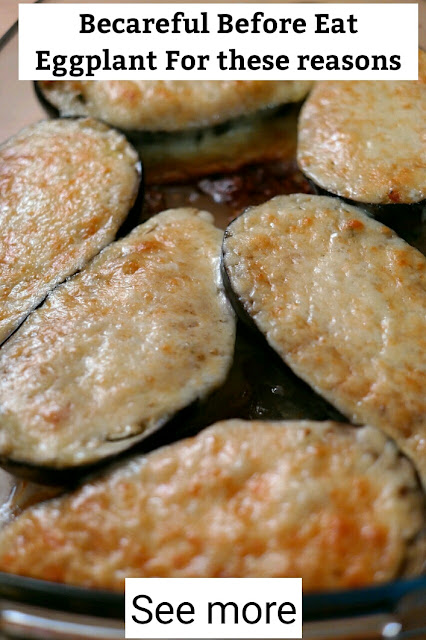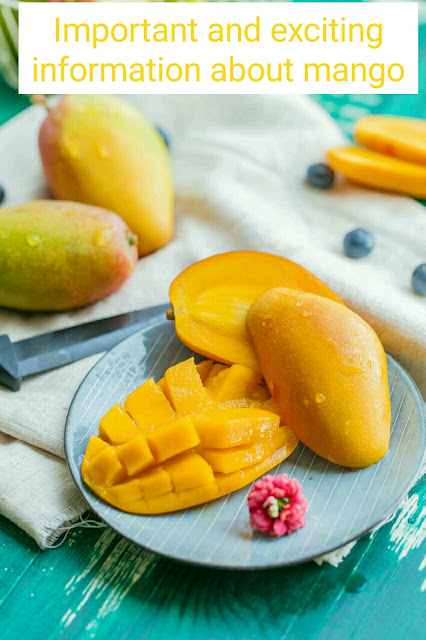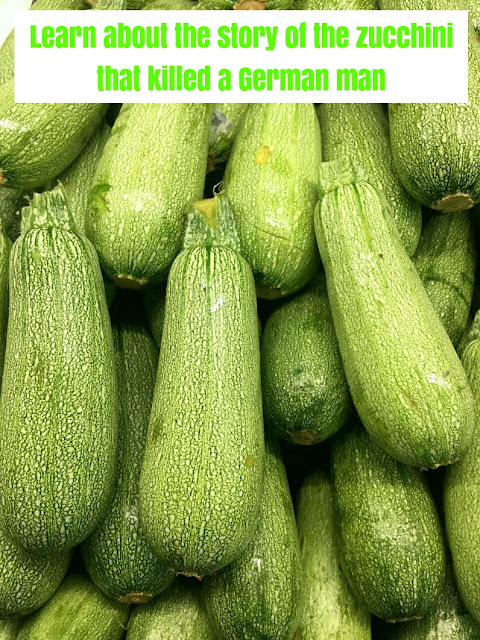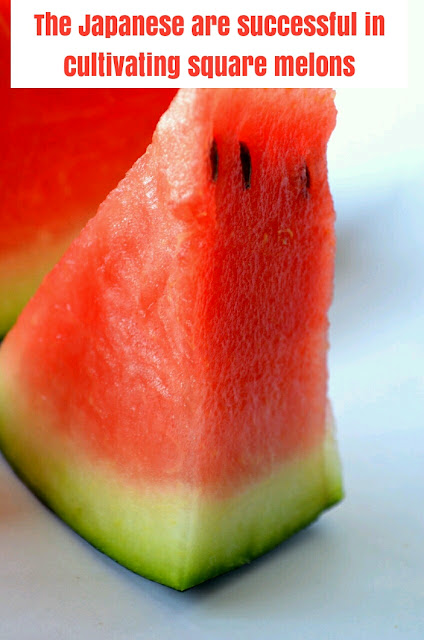Apricot
The Chinese associate the apricot with education and medicine. For instance, the classical word 杏 壇 (literally: "apricot altar") which means "educational circle", is still widely used in written language. Chuang Tzu, a Chinese philosopher in the fourth century BCE, told a story that Confucius taught his students in a forum surrounded by the wood of apricot trees. The association with medicine in turn comes from the common use of apricot kernels as a component in traditional Chinese medicine, and from the story of Dong Feng (董奉), a physician during the Three Kingdoms period, who required no payment from his patients except that they plant apricot trees in his orchard upon recovering from their illnesses, resulting in a large grove of apricot trees and a steady supply of medicinal ingredients. The term "expert of the apricot grove" (杏林高手) is still used as a poetic reference to physicians.
The fact that apricot season is short has given rise to the common Egyptian Arabic and Palestinian Arabic expression filmishmish in apricot [season or bukra filmishmish tomorrow in apricot season generally uttered as a riposte to an unlikely prediction, or as a rash promise to fulfill a request.
The Turkish idiom bundan iyisi Şam'da kayısı literally, "the only thing better than this is an apricot in Damascus" means "it doesn't get any better than this".
In the US Marines it is considered exceptionally bad luck to eat or possess apricots, especially near tanks. This superstition has been documented since at least the Vietnam War and is often cited as originating in World War II. Even naming them is considered unlucky, so they are instead called "cots" Forbidden fruit" or "A-fruit".









Comments